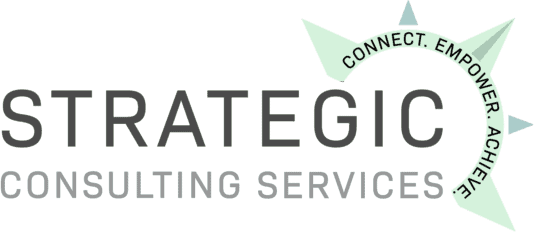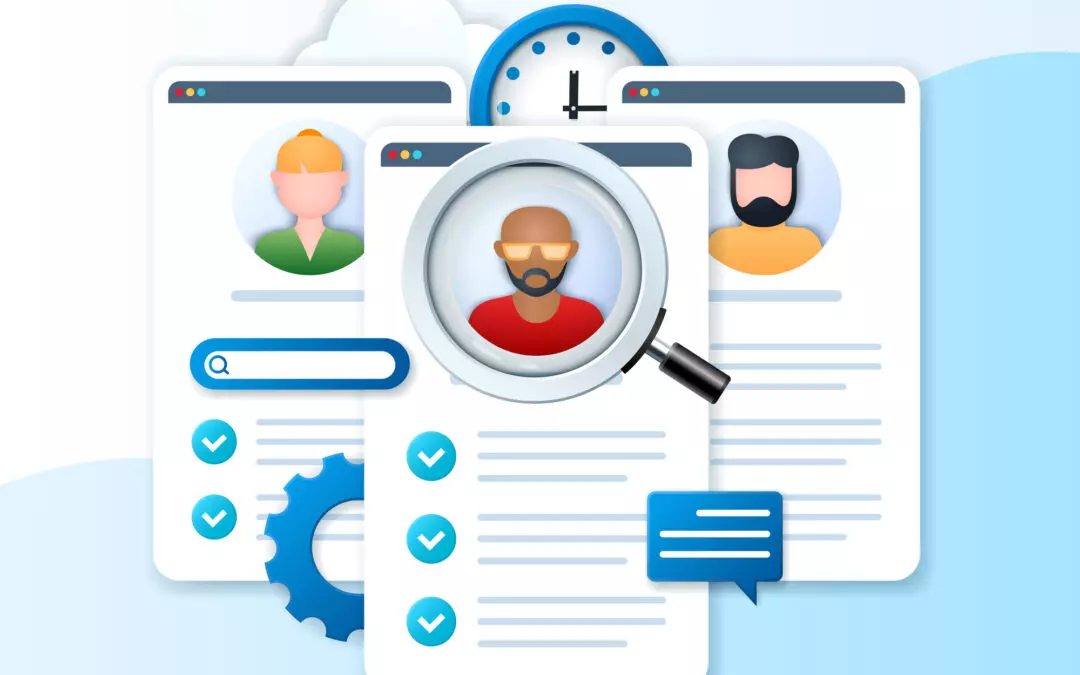Unlocking the Potential of Autistic Employees: Tips for Interviews and Communication with Them
As the prevalence of autism spectrum disorder (ASD) continues to rise, it is increasingly essential for employers to understand and accommodate individuals with autism in the workplace. By recognizing and valuing the unique skills and perspectives of individuals with ASD, employers can create an inclusive work environment that promotes creativity, innovation, and overall success.
Incorporating employees with autism and other neurodivergent conditions into the workforce offers numerous benefits for both the employees and the organization. Neurodivergent individuals often possess exceptional skills in areas such as pattern recognition, attention to detail, and problem-solving. In addition, promoting an inclusive work culture fosters an environment of empathy, understanding, and collaboration that benefits all employees.
Understanding Autism Spectrum Disorder (ASD)
Autism spectrum disorder (ASD) is a neurodevelopmental disorder that affects communication, social interaction, and behavior. According to the Centers for Disease Control and Prevention (CDC), approximately one in 54 children in the United States is diagnosed with ASD. Individuals with ASD exhibit a wide range of characteristics and traits, but some common ones include difficulty with social interactions, communication challenges, repetitive behaviors or interests, and sensory sensitivities.
Individuals with ASD have a unique way of processing information and interacting with the world around them. Some may have exceptional abilities in areas such as visual processing, attention to detail, or logical reasoning. At the same time, they may experience challenges with communication, social cues, and sensory processing, which can impact their ability to interact with others effectively.
Communication and social interaction can be particularly challenging for individuals with ASD. They may struggle with nonverbal communication, such as facial expressions or body language, and may not understand social norms or conventions. In addition, they may experience sensory overload or hypersensitivity, which can affect their ability to focus or interact in certain environments. As a result, communication and interaction strategies that work for neurotypical individuals may not be effective for individuals with ASD.
Preparing for Interviews with Individuals with Autism
Individuals with ASD can be sensitive to certain stimuli, such as bright lights, loud noises, or strong smells. To help create a comfortable interview environment, employers can consider using natural lighting or dimmer switches, reducing background noise, and avoiding strong fragrances or perfumes.
Individuals with ASD may struggle with understanding abstract or complex instructions. Employers can provide clear, concise instructions for the interview process and provide information on what to expect during the interview. This can help reduce anxiety and confusion for the individual.
Traditional interview formats, such as face-to-face interviews, may not be the best fit for individuals with ASD. Employers can consider offering alternative formats, such as virtual interviews or job shadowing opportunities. This can allow the individual to showcase their skills and abilities in a way that is comfortable and familiar to them.
Individuals with ASD may require more time to process questions and formulate responses. Employers can help by allowing extra time for processing and providing questions in advance to allow for preparation. This can help ensure that the individual has the opportunity to communicate effectively during the interview process.
Tips for Communicating with Employees with ASD
Individuals with Autism Spectrum Disorder (ASD) may benefit from clear and direct communication, avoiding metaphors or idiomatic expressions, and using concrete examples. Employers can minimize sensory distractions and overstimulation by providing a calm and quiet workspace, noise-canceling headphones, or a private area to work. Visual aids and written instructions can help individuals with ASD understand tasks and expectations while recognizing and respecting their communication preferences can make them feel more comfortable and supported.
The Benefits of Accommodating Employees with ASD in the Workplace
Employers who understand and accommodate employees with ASD can create a more inclusive and supportive workplace. By providing a sensory-friendly environment, clear communication, and alternative interview formats, employers can unlock the potential of employees with ASD. Accommodations such as minimizing sensory distractions, providing written instructions and visual aids, and recognizing individual communication preferences can also help promote diversity and inclusion in the workforce. Ultimately, creating a workplace that embraces neurodiversity benefits both the individual and the organization as a whole, leading to a more productive, innovative, and compassionate workplace culture.
Strategic Consulting is Your Partner in Managing Workplace ADA Issues
Our team is here to help with your disability accommodation issues, vocational rehabilitation needs, ergonomic evaluations, and other employee needs.
For twenty years, we have been helping companies in the Pacific Northwest with worker injuries, disabilities, and other vocational challenges. We are here to support you in this unprecedented era of remote working and WFH.
We have partnered and provided solutions to some of the largest companies in the world (such as Boeing, Microsoft, and Amazon). But, at our core, we are still “people taking care of people,” one project at a time. Our success is built upon and providing you the best solution to your workplace challenge. Contact us today by filling out a form (below), submitting a referral, or visiting our ‘Contact Us‘ page to find your nearest office.
Ric has been working in the industry since 2002, specializing in developing employer jobsite analysis and light duty programs, ergonomics consultations and adjustments, disability accommodations and providing effective return to work solutions. Ric is Matheson trained in Ergonomics and is a Certified Ergonomics Evaluation Specialist. He earned a Bachelor of Arts Degree in Psychology from Western Washington University and later his Master’s Degree, M.Ed., Education Counseling from Seattle Pacific University. Ric is currently a Registered Vocational Rehabilitation Counselor for the Department of Labor and Industries and has been a Certified Disability Manager Specialist since 2006.

